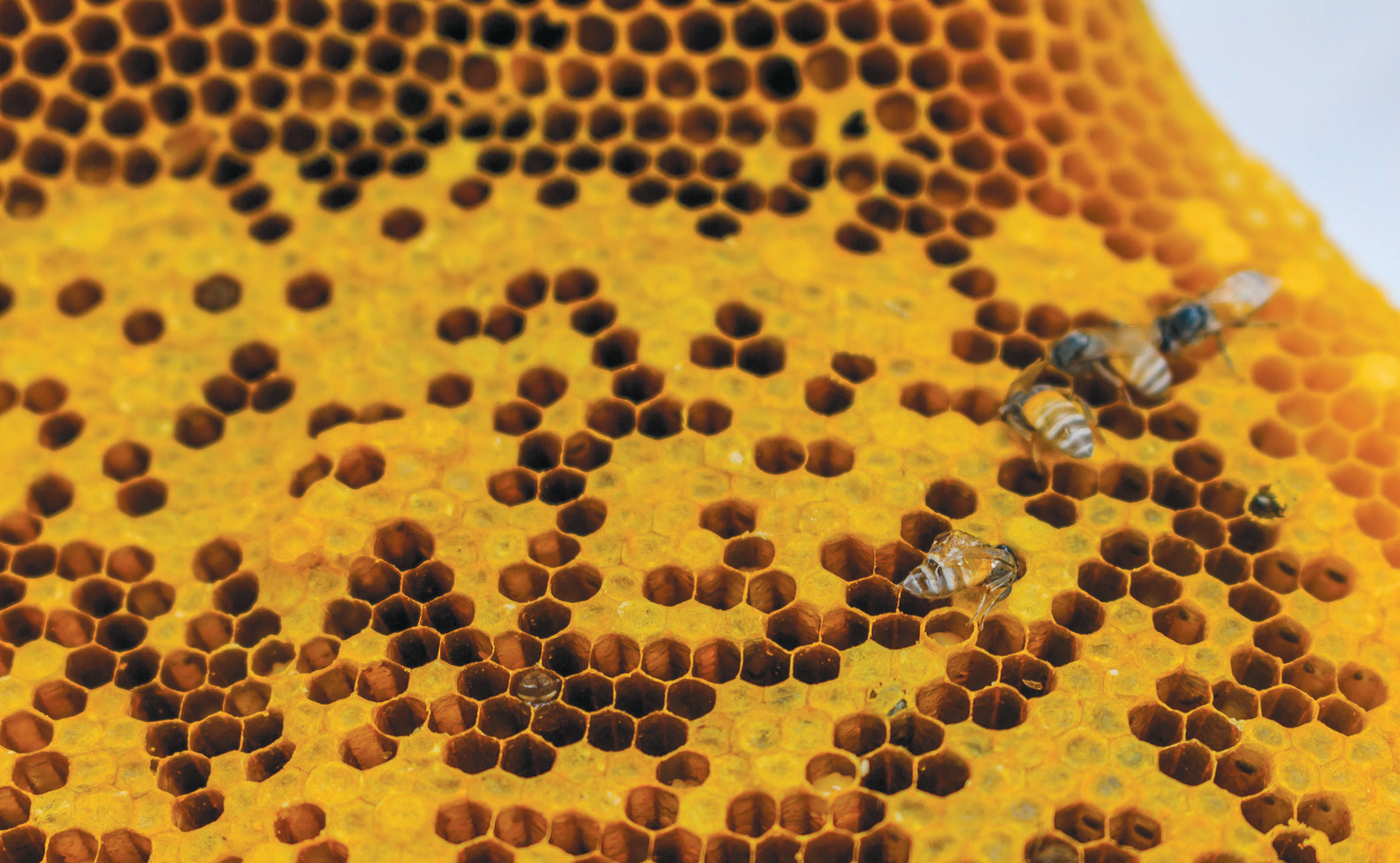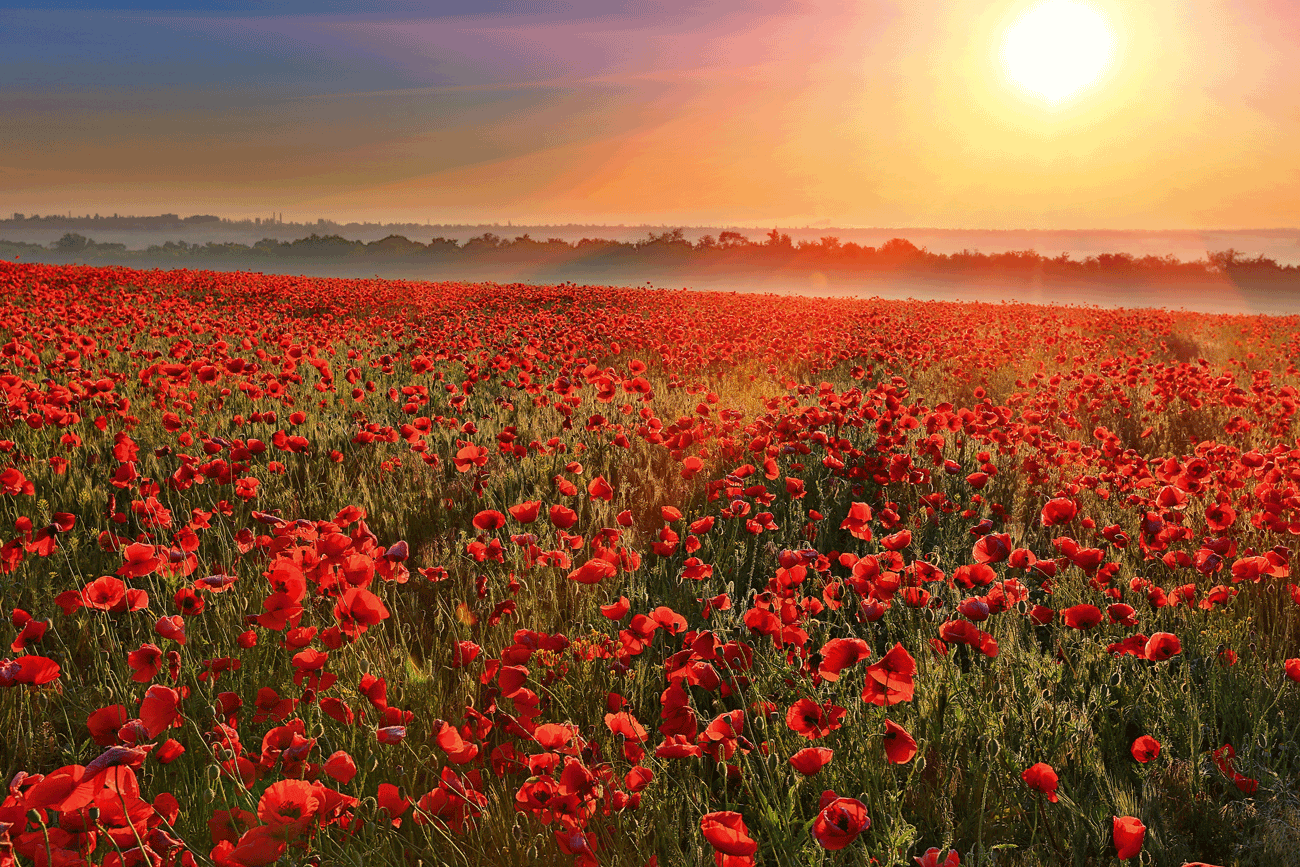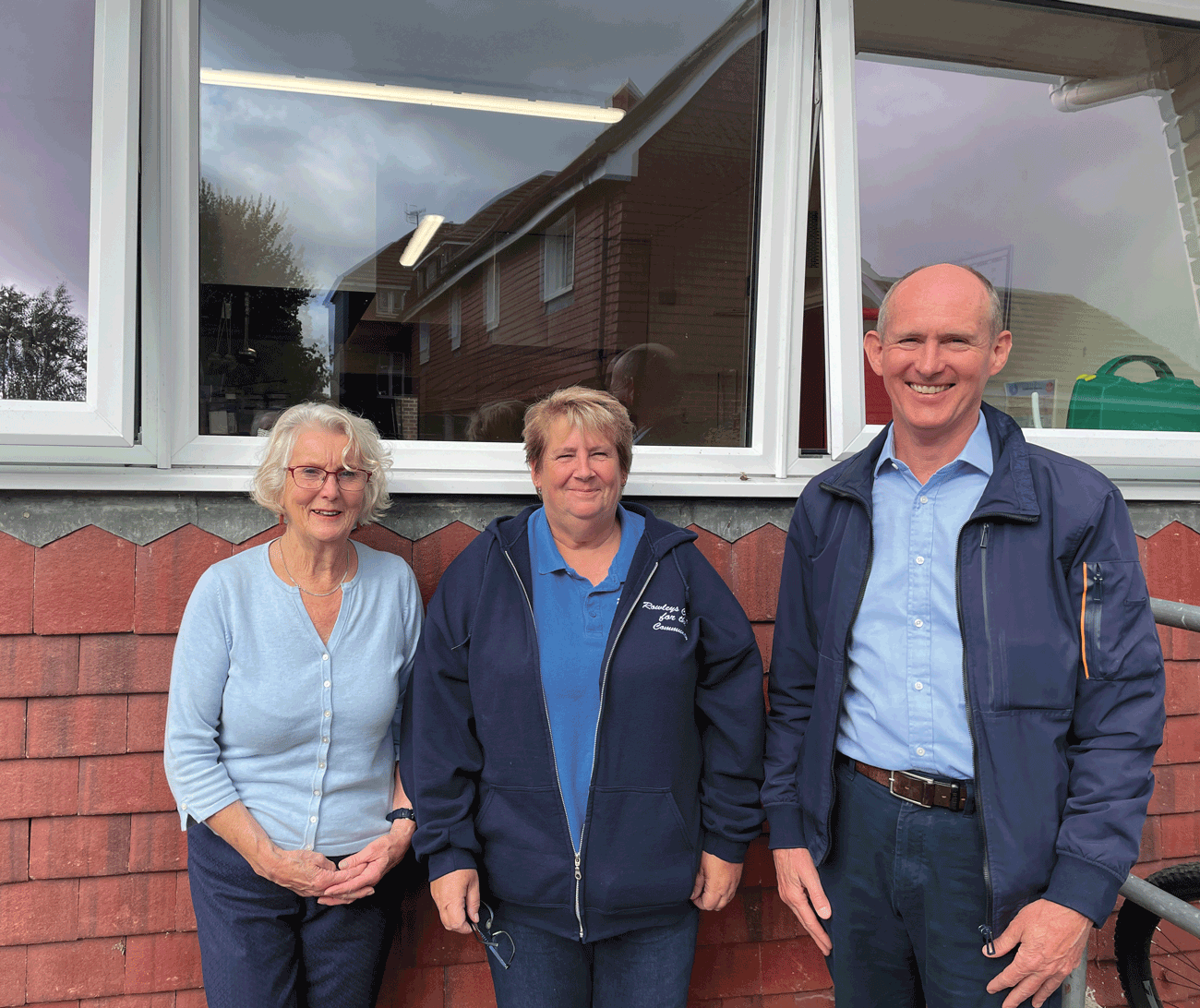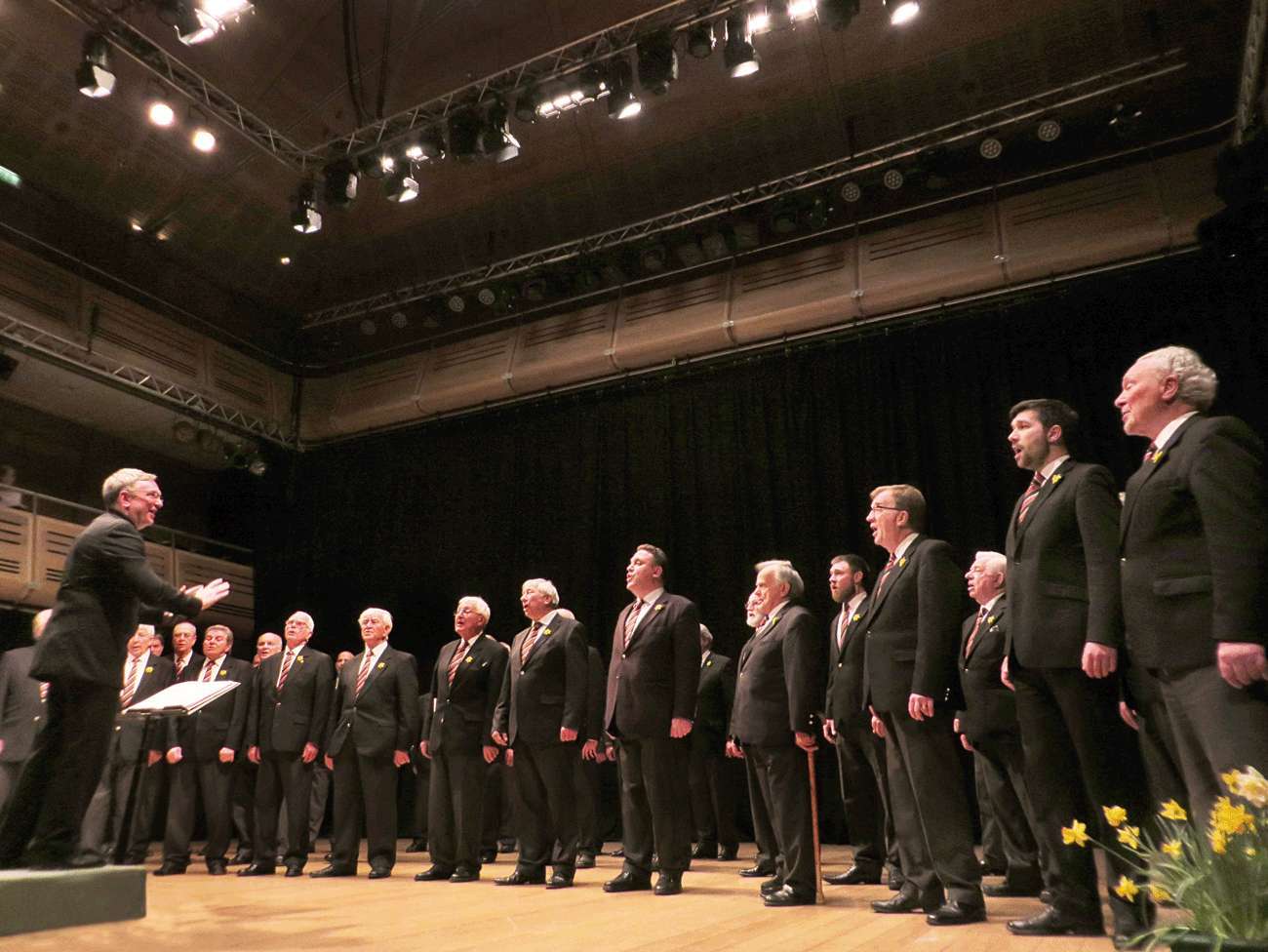
The Royal Society of Biology recently held a survey to find Britain’s favourite insect. The winner, with a whopping 40.5% of the vote, was the buff-tailed bumblebee. Yes, the humble bumbler beat both the ladybird and the dragonfly for the top spot, highlighting our nation’s love for bees.
Many of Britain’s crops and wildflowers depend on the presence of bees for pollination, which affects everything from the beauty of our countryside, to our economy, and even the food we eat.
As much as we love a bumblebee, it is not the only type of bee that deserves our care and affection. Most of us are aware of the challenges facing bee populations worldwide, and that’s just one reason why keeping honeybees is a hobby worth considering.
Why Keep Bees?
Beekeeping is a peaceful and rewarding hobby. By taking care of these creatures, you attain a greater understanding of our environment, of the interdependence of plants and insects to the very survival of our natural ecosystem.
There’s also a strong and lively beekeeping community, both locally and across the UK. You can start by joining a beekeeping association, such as the British Beekeepers Associa-tion, which has its own Surrey association – with a Guildford branch you can join.
As a member of a beekeeping association, you can learn from and interact with other fellow beekeepers, as well as gain information about where to buy the necessary equipment, and tips for how to care for your bees from more experienced beekeepers.
Almost all beekeeping associations have their own apiary, which gives you a golden opportunity to see and understand how bees live, how they are cared for, and how to deal with any problems that might arise with your hive. This is all excellent knowledge to arm yourself with before you get started at home!
Beekeeping Throughout the Year
Beekeeping is a seasonal hobby, requiring different levels of input throughout the year. For example, during the winter, your tasks will be minor. Bees are naturally well-equipped to control the temperature within the nest, using the heat-storing properties of the honey itself. You’ll need to occasionally check the hive for physical damage, or for snow blocking the entrances, but that’s about it.
The best time to get started with your new hobby is in springtime, particularly between April and June. This is the time of year at whichbees are actively building their colonies, having awoken from their winter hibernation. If you start with a nucleus of bees during these months, they’ll have enough time to build a new cone and stock it sufficiently for the following winter.
The busiest time for a beekeeper is during the early summer months, when your hive should be checked weekly in order to prevent swarming, and to manage supers (the box that holds the frames where the bees store their honey).
Where Shall I Put My Hive?
Bees can be kept in many different places. There are beehives in towns and cities as much as in the countryside, with a recent boom in the hobby in such places as New York City, where apiarists tend to place their hives on the roofs of buildings. However, you can site your hive in any corner of the garden.
They do best when placed in a sheltered and warm position. If you have neighbours or public footpaths nearby, you may wish to consider placing your hive with its entrance facing a hedge or fence. Doing this encourages the bees to fly higher, so they won’t be a nuisance to other people.
Though bees will travel for up to three miles to find pollen and nectar, bee-friendly plants in your garden will, of course, help. Bees love dandelion, blackberry flowers and ivy, as well as lavender, single camellia, honeysuckle and foxglove.
If you don’t have the space at home, why not get together with a bee-loving friend, and work together on a hive in their garden?
Cost
It’s not an inexpensive hobby, unfortunately, but it is certainly one that pays dividends. Not only will you be helping to keep one of our most also earn yourself a nice supply of nutrient-rich local honey.
Complete beekeeping starter kits are available from about £250, which will include most of what you need to get started. The most expensive piece of equipment is your honey extractor, which will set you back £175 for your own. However, your local association is likely to have honey extraction equipment for hire to members.
In Conclusion
These fascinating insects have so much from which we can learn, as well as providing a rewarding hobby that allows you to contribute to improving the UK’s environment from your own home. Enjoy your hives in peace, and master the patience and attention to detail required to create a thriving community for your bees. Now is the best time to start learning more about this engaging hobby, ready to begin your beekeeping adventure when spring comes around.











